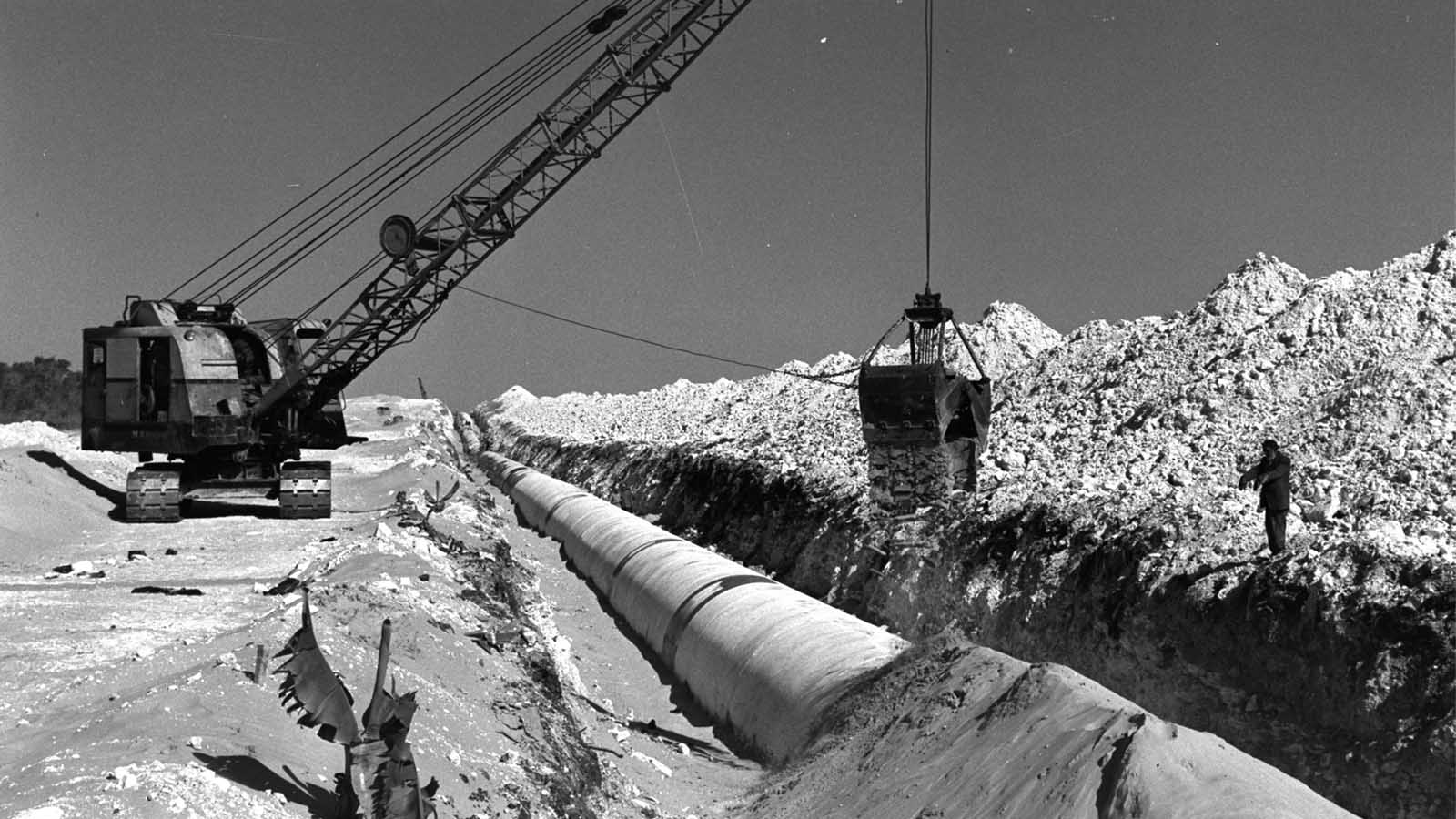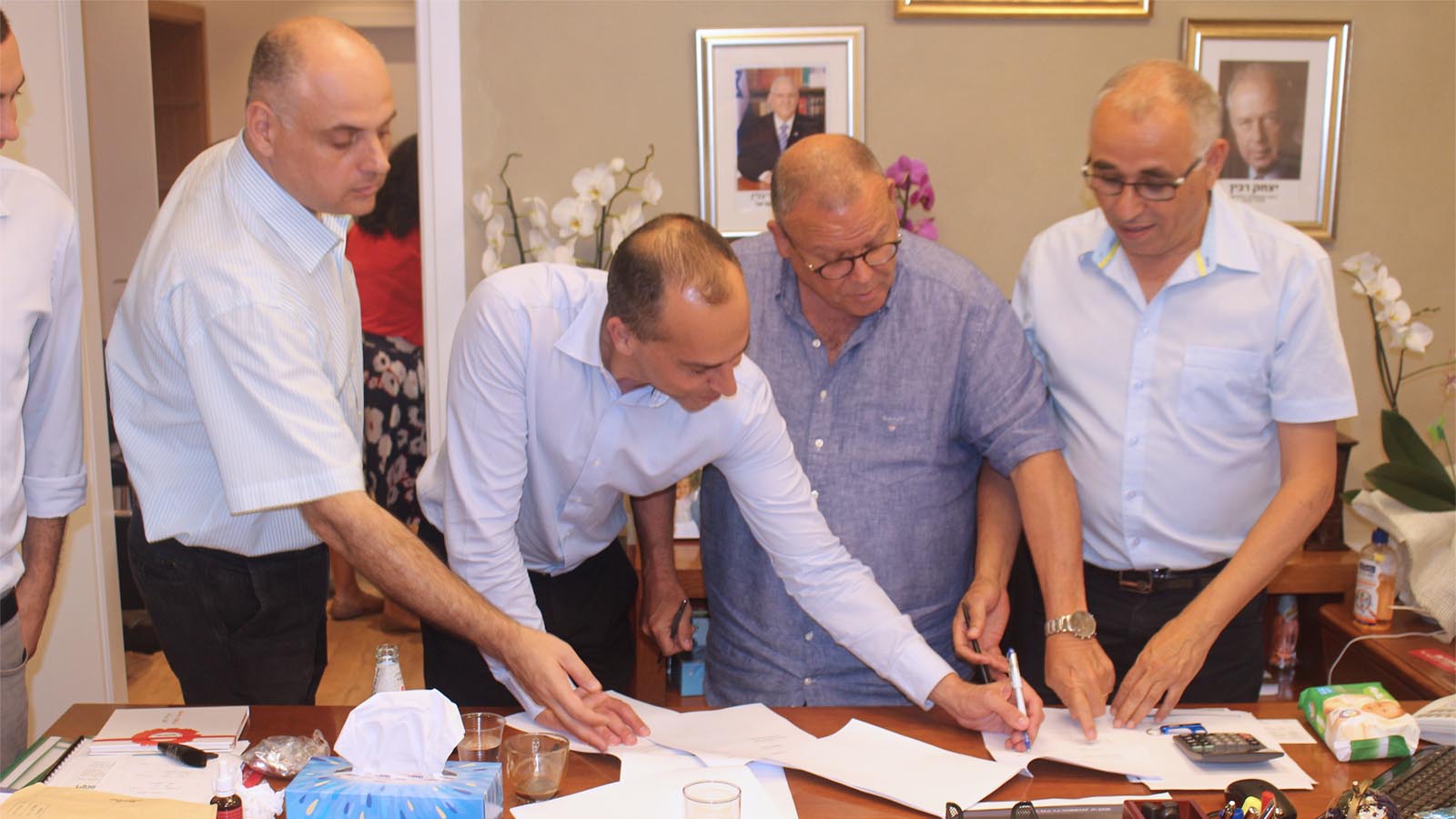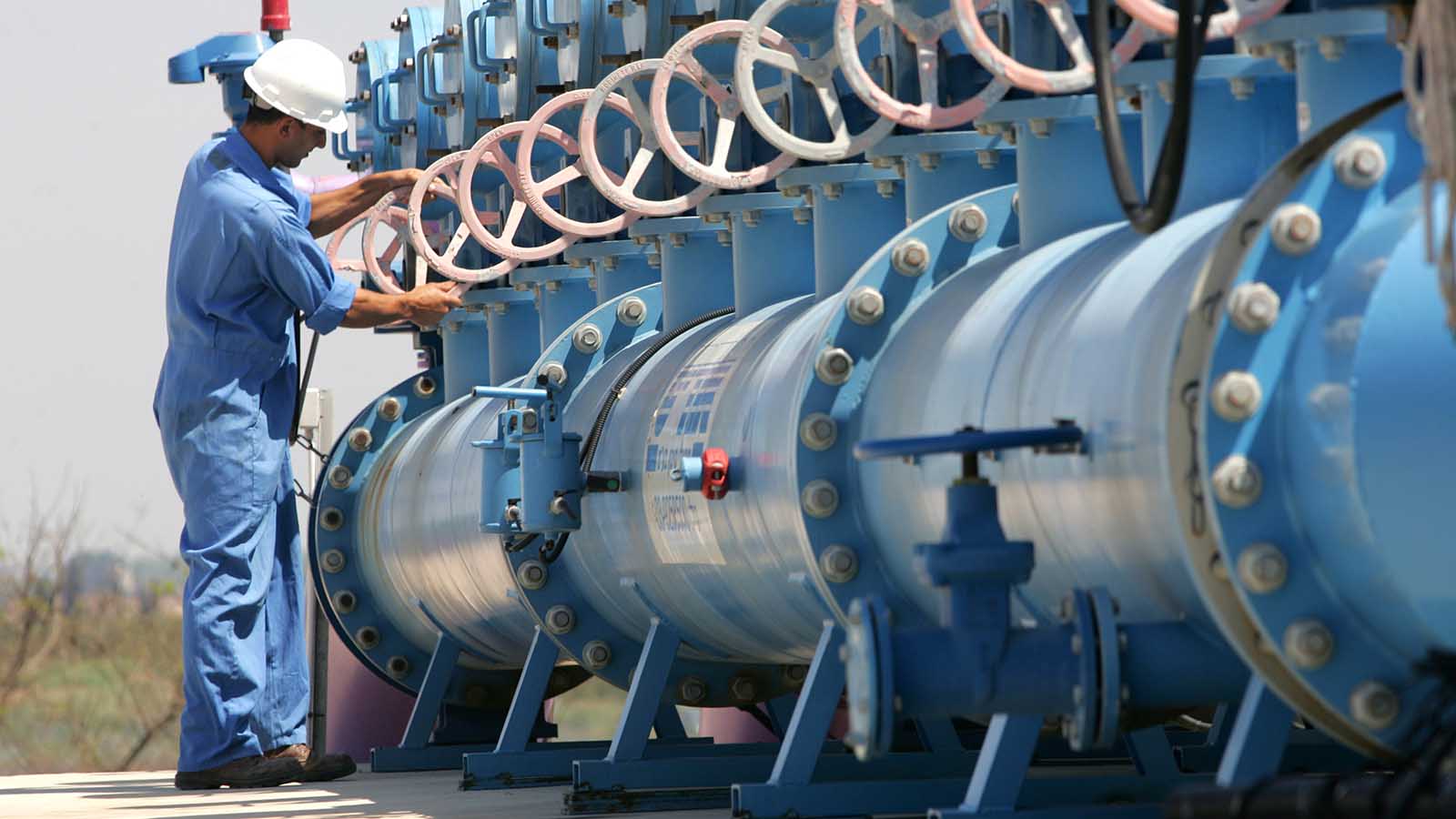
Mekorot, Israel’s national water company, has continued to play a vital role in sustaining the nation’s varied and challenging water needs since its establishment in 1937, today supplying over 80% of Israel’s drinking water. The government-owned corporation employs 2,000 workers who maintain its network of over 3,000 water production plants, and its 12,000 km of water pipelines, known as the National Water Carrier. When facing a need to reform it's structures, Mekorot chose to do it through dialogue with it's workers, and their union.

This June, Arnon Bar-David, chairman of Israel’s largest labor organization the Histadrut, and Eli Cohen, Mekorot CEO, signed an agreement which will set in motion a consolidating process at the water company, paving the way for expanding its infrastructure and development. The agreement, as part of a wider plan by the Ministry of Energy., includes a NIS 25,000 grant for the company's 2,000 workers, a monthly wage increase of NIS 500 and an improved severance package for workers who leave.
"Tonight we signed a historic agreement which will allow the development and streamlining of the Israeli water market, while maintaining the status of Mekorot's workers," Bar-David told us. "The Histadrut has been and will continue to be a full partner for all major reforms, and as chairman I am proud to be involved in Mekorot setting off on its new way forward. I welcome the cooperative approach that management has brought to our discussions on the agreement and thank all parties who were involved in negotiations."

Gil Bar-Tal, the chairman of the Histadrut’s’ largest trade union Histadrut HaMaof added: "The agreement will allow Mekorot to streamline its operations and to receive funding for building infrastructure – and we expect that in the future, in light of the rapid pace of development, the number of positions at the company will actually grow. I welcome this agreement, which allows veteran workers to leave under good conditions and allows new and existing workers to receive significant supplements to their wages. I would like to thank Mekorot's management; the trust between all parties has allowed us to pave the way for this agreement."
The agreement includes a reform for the national water company and its subsidiary, EMS Mekorot Projects (which specializes in establishing and supplying infrastructure, water facilities and systems, sewage and treated waste water), in the wake of a government decision on this matter made this February. Under the agreement, EMS, which was previously exempt from issuing tenders for Mekorot projects, will now have to compete against privately held companies for a significant portion of these projects. On the other hand, the scope of the company's projects will be increased, so that it can compete against privately held companies for more external work. EMS will initially be able to compete for other tenders on the market at up to NIS 100 million in 2020 and eventually at up to NIS 200 million.
The Israeli water market has changed significantly in the past few years. Population growth and climate change, which cause changes in the balance of rainfall and drought, have led to changes in the infrastructure of the water market. The Israeli water market supplements natural water sources, the Sea of Galilee and aquifers with desalinated water, home desalination and treated wastewater in agriculture.

As part of the agreement, which will be effective until 2025, 140 positions at the company will be eliminated over the next five years, and all workers who leave the company will be given preferential severance packages. As mentioned previously, additional agreements between the parties determined that all workers will receive a NIS 500 increase in their monthly wages and a one-time grant of NIS 25,000 paid in two installments. Around one hundred engineers and technicians will receive an additional 9% wage increase, veteran workers will have their seniority level increased and all workers will be eligible for membership in professional non-profit organizations.
The reform at Mekorot aims to enable the company to invest more in developing water market infrastructure as required by the Ministry of Energy program for the water market by 2030. Streamlining processes, selling land in high-demand areas and issuing bonds are meant to supply Mekorot with the funding it needs to make the major investments in government-required infrastructure.
As it stands, the government refuses to invest its money in that same infrastructure it demands, by appealing to the “self-sufficiency” principle, making it significantly harder for Mekorot to maintain the kind of service with which it has been providing Israeli citizens for decades under difficult climate conditions. Recently, privately owned water desalination facilities in Israel have been exposed for their engagement in the falsification of their drinking water quality readings, bringing to light the important role government-owned corporations play when dealing with crucial national infrastructure.
The agreement was signed at the Histadrut headquarters in the presence of Histadrut Chairman Arnon Bar-David, Mekorot CEO Eli Cohen, Histadrut Hamaof Chairman Gil-Bar Tal, Mekorot Deputy CEO for Human Resources Asher Ben Shushan and Mekorot Workers’ Union chair Ilan Hilleli. The agreement was welcomed by Minister of Energy Dr. Yuval Steinitz in cooperation with Efi Malkin from the Wage Commission at the Ministry of Finance






